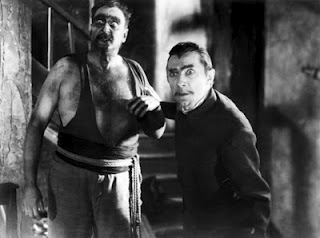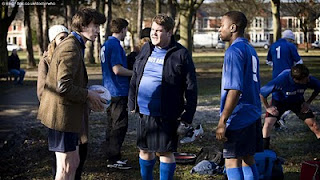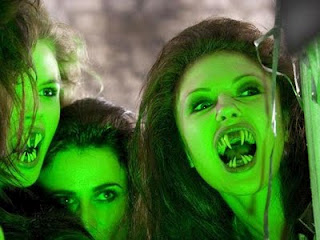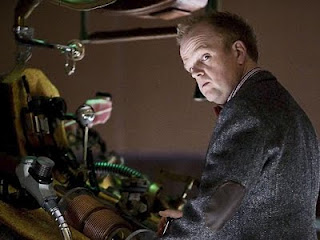The Impossible Astronaut, or ‘Silence in the White House’, starts off Season 6 of Doctor Who in the most ridiculously explosive way imaginable. In the run up to this series two things have been vigorously advertised; it’s American credentials (simultaneous broadcast with America, shot on location in America, set in a quintessentially American locale of the White House, featuring the American space programme) and that one character would die in the first episode.
Now, if you’ve ever seen any Sci-Fi at all, you’ll know how that works. One character will die means it’s a hoax or a dream or a clone, or there’s a handy hand lying around to siphon off regeneration energy into*. The character will come back, or a clone of them will, or their body will be possessed by a primal force, or there will be an alternate reality version of them appearing soon, who’s left handed or has a beard or something. What it never means is that that person is gone.






